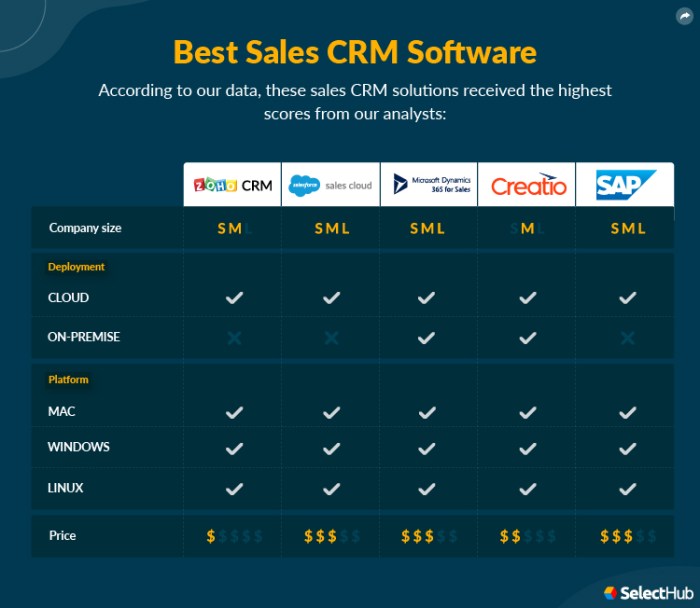Custom CRM Development
In today’s digital era, businesses across various industries are leveraging the power of Customer Relationship Management (CRM) systems to streamline their operations, enhance customer interactions, and drive growth. While off-the-shelf CRM solutions offer a range of features and functionalities, many businesses are turning to custom CRM development to meet their unique requirements and gain a competitive edge in the market. In this comprehensive guide, we delve into the world of custom CRM development, exploring its benefits, key considerations, and best practices for implementation.
Understanding Custom CRM Development
Custom CRM development involves the creation of a tailored CRM solution designed to address the specific needs, workflows, and challenges of a particular business or industry. Unlike off-the-shelf CRM software, which offers pre-built features and modules, custom CRM solutions are built from the ground up, allowing businesses to incorporate unique functionalities, integrations, and branding elements that align with their strategic objectives and operational requirements.
Key Benefits of Custom CRM Development
1. Tailored Functionality
Custom CRM solutions can be tailored to meet the precise needs and workflows of your business. From lead management and sales automation to customer support and analytics, custom CRM development allows you to prioritize features and functionalities that are most relevant to your operations and strategic goals.
2. Scalability and Flexibility
Custom CRM solutions offer scalability and flexibility, allowing businesses to adapt and evolve in response to changing market dynamics and growth opportunities. Whether you’re expanding your product offerings, entering new markets, or diversifying your customer base, custom CRM development ensures that your system can scale and accommodate increased workload and user requirements.
3. Seamless Integration
Integrating your custom CRM solution with existing business systems and third-party applications enhances data visibility, streamlines processes, and improves cross-functional collaboration. Whether it’s integrating with ERP (Enterprise Resource Planning) software, marketing automation platforms, or e-commerce systems, custom CRM development ensures seamless data exchange and interoperability across your organization.
4. Enhanced Data Security and Compliance
Custom CRM solutions offer robust data security measures and compliance features to protect sensitive customer information and ensure regulatory compliance. From encryption and access controls to audit trails and GDPR (General Data Protection Regulation) compliance, custom CRM development allows businesses to implement tailored security protocols that align with industry standards and best practices.
5. Competitive Differentiation
In today’s competitive landscape, delivering personalized experiences and exceptional customer service is essential for maintaining a competitive edge. Custom CRM development enables businesses to differentiate themselves by offering unique features, branding elements, and user experiences that resonate with their target audience and set them apart from competitors.
Key Considerations for Custom CRM Development
1. Define Clear Objectives and Requirements
Before embarking on custom CRM development, it’s essential to define clear objectives, requirements, and success criteria for your project. Conduct a thorough needs analysis, gather stakeholder feedback, and prioritize features and functionalities based on your business goals and user requirements.
2. Engage Stakeholders and End Users
Effective communication and collaboration with key stakeholders and end users are critical for the success of custom CRM development projects. Engage stakeholders early in the process, solicit feedback throughout the development lifecycle, and involve end users in user acceptance testing (UAT) to ensure that the final solution meets their needs and expectations.
3. Choose the Right Development Partner
Selecting the right development partner is crucial for the success of your custom CRM project. Look for a reputable software development company with experience in CRM development, a proven track record of delivering quality solutions, and a deep understanding of your industry and business requirements.
4. Prioritize User Experience and Adoption
User experience (UX) design plays a significant role in the adoption and success of custom CRM solutions. Prioritize usability, intuitive navigation, and accessibility to ensure that users can easily navigate the system, perform tasks efficiently, and derive value from the CRM platform.
5. Plan for Training and Support
Invest in comprehensive training and support programs to onboard users, familiarize them with the new CRM system, and address any questions or concerns. Provide ongoing training and support resources to ensure that users can maximize the potential of the CRM platform and leverage its full capabilities to drive business outcomes.
Best Practices for Custom CRM Development
- Iterative Development Approach: Adopt an iterative development approach, such as Agile or Scrum, to break the project into manageable increments, gather feedback early and often, and make course corrections as needed.
- Focus on Data Migration and Quality: Plan for seamless data migration from existing systems to the new CRM platform, ensuring data integrity, consistency, and accuracy throughout the transition process.
- Implement Robust Testing Procedures: Conduct comprehensive testing, including unit testing, integration testing, and user acceptance testing, to identify and address any bugs, issues, or usability concerns before deployment.
- Monitor Performance and Feedback: Continuously monitor system performance, user feedback, and key performance indicators (KPIs) to identify areas for improvement, optimize workflows, and enhance user satisfaction over time.
- Stay Agile and Adaptive: Embrace change and adaptability throughout the custom CRM development lifecycle, responding to evolving business needs, market trends, and user feedback to ensure that the CRM solution remains relevant and effective in the long term.
Conclusion
Custom CRM development offers businesses the opportunity to create tailored solutions that align closely with their unique needs, workflows, and strategic objectives. By leveraging the benefits of custom CRM solutions, businesses can enhance operational efficiency, improve customer engagement, and drive sustainable growth in today’s competitive marketplace.
As businesses continue to prioritize customer-centricity and digital transformation, custom CRM development remains a strategic investment for organizations looking to optimize their processes, differentiate themselves from competitors, and deliver exceptional experiences that delight customers and drive long-term success.

